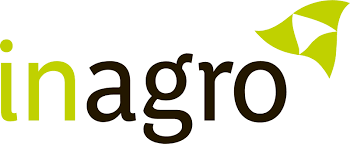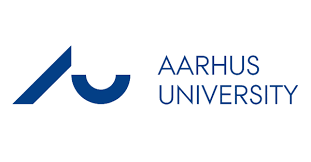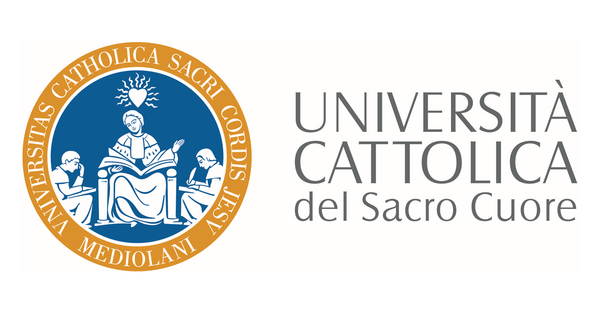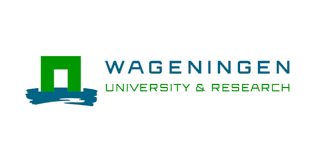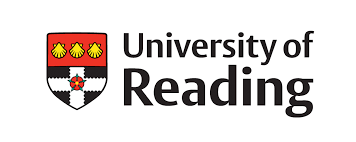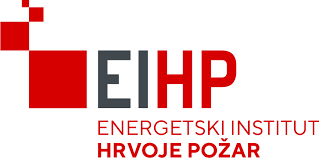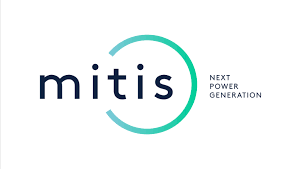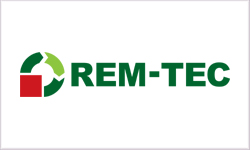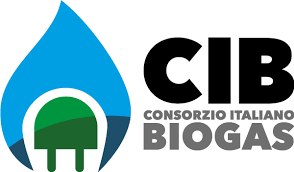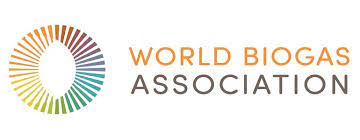
VALUE4FARM – Sustainable renewable energy VALUE chains for answering FARMers’ needs
In an effort to comply with the EU Green Deal and reduce the carbon footprint of the agricultural sector, the VALUE4FARM project aims to promote decentralised renewable energy production and use in order to encourage rural development. Specifically, VALUE4FARM aims to investigate three renewable-based local value chains based on biogas, and the coupling of sustainable food and renewable-energy production.
The project focuses on examining the potential synergies between agriculture and renewable energy technologies when coupling the place of production and consumption of energy, as well as the several challenges raised by renewable energy technologies in farming systems, such as:
- technologies are often too expensive and not viable at the farm level, especially for small-scale farms;
- farmers are sometimes facing the food vs. energy crops dilemma;
- there are usually difficulties in answering properly the variety of energy needs (and trans-seasonal needs) throughout Europe with regard to the local contexts;
- the field crop agricultural model in Europe is largely based on monoculture, which produces large amounts of biomass residues but often undervalues and under utilizes said residues for usages such as renewable energy production (e.g., biogas).
Project description:
VALUE4FARM aims to demonstrate the effectiveness, sustainability and replicability of three renewable-based local value chains coupling sustainable food production and renewable-energy production with the aim of contributing to the defossilisation of the agricultural sector by matching local needs in terms of electricity, heat, mobility, residual bioresources and land management.
This main objective is supported by four clear, realistic, measurable and verifiable objectives:
- Develop sustainable agricultural protocols, compatible with renewable energy production and farmers’ specifications
- Propose a wide range of renewable energy production and storage technologies, meeting farmers’ residues management, electricity, heat and mobility needs
- Validate the sustainability and circularity of three renewable-based local value chains through demonstration
- Ensure the replicability and widespread use of the demonstrated overall value chains
Methodology
The general methodology of the VALUE4FARM project to reach its objectives will be based on four key pillars:
- Agricultural protocols: this pillar will aim at defining and developing all VALUE4FARM agricultural protocols, while ensuring their demonstration.
- Renewable energy technologies: this pillar will focus on optimisation of the different energy technologies studied in the project (agrivoltaism, green biorefinery, microturbine, biomethanation, anaerobic digestion, biogas compressor and tractor) towards their demonstration.
- End-users: this pillar will aim at linking the developed and demonstrated value chains with the different stakeholders and future end-users (mainly farmers).
- Decision support tool (DST): this pillar will focus on the development and optimisation of a DST for exposing the wider farming community across Europe to the concept of producing both food and energy from their land. This is considered as key activity within the VALUE4FARM project towards widespread use of the proposed value chains and replication.
Role of UFZ:
The main responsibilities of the SABE research group within the VALUE4FARM consortium is threefold:
- Regulation Framework Analysis - UFZ is responsible for the legislation analysis in the three demonstrations countries (Denmark, Belgium and Italy). The activities will take place at EU, national and regional level. The goal will be to identify the good practices, as well as the obstacles that can be found for the implementation of innovative concepts demonstrated in the project. Thanks to a close cooperation with the demonstrators (INA, AU, UCSC, REM and CIB), UFZ will study how regional legislation affects the value chains to guide the developments. The work will consist in literature review to obtain an overview of the policy framework in the EU and policy instrument types that can regulate and stimulate bioeconomy and circular economy development in the selected EU regions/countries. The findings will guide other WPs and provide information input for developing policy recommendations.
- Life Cyle Assessments (LCAs) - UFZ will carry out a LCA for each of the three demonstrated value chains (Denmark, Italy and Belgium) in order to ensure that they are environmentally advantageous in terms of their carbon footprint, as well as the most relevant environmental impact categories such as depletion of abiotic and biotic resources, human toxicity, eco toxicity. The analysis will be carried out following the ISO 14044 and 14067 standards, considering all steps of the production chains, including the production of renewable energy carriers. UFZ will be responsible for the following steps: 1) Collection of process data from each stage of the value chain demonstration in a life cycle inventory: inputs (materials and energy), outputs (emissions and waste), 2) Impact assessment using the collected inventory data, i.e., the environmental sustainability analysis.
- Policy Recommendations - Based on the preliminary findings of the regulation framework analysis, UFZ will provide a deep analysis of the legislation in the demonstration and replication countries to develop relevant policy recommendations. UFZ will implement: 1) Online survey about regulatory and political obstacles for bioeconomy and circular economy development in selected EU countries (DK, BE, IT, IS, PL); 2) Definition of good policy practices in the case study countries, as well as of bottlenecks alongside the evaluated value chains; 3) Stakeholder interviews with experts from the selected countries to supplement information; 4) Definition of recommendations for policy actions to overcome bottlenecks.
Project funding
HORIZON-CL5-2022-D3-02-07
Grant Agreement No. 101116076
Project duration
09/2023–02/2027
Project lead
INAGRO - Research & Advice in Agriculture and Horticulture
Project Coordinator - Sofie Declerck (sofie.declerck@inagro.be)

